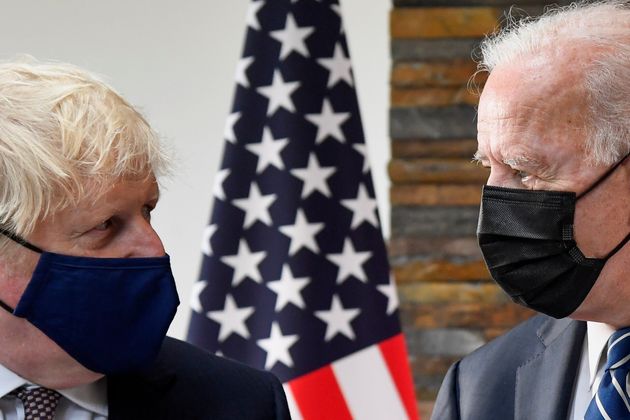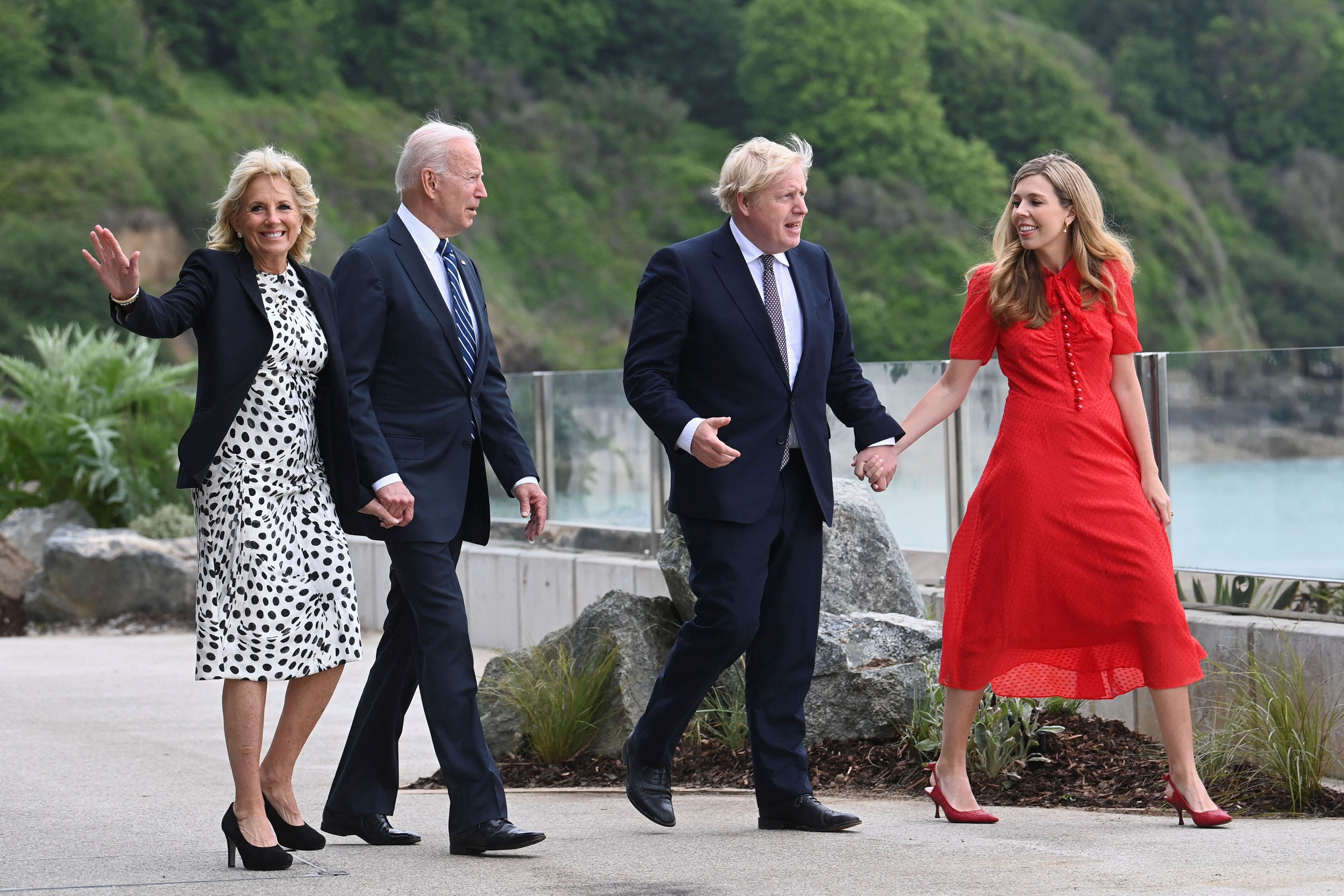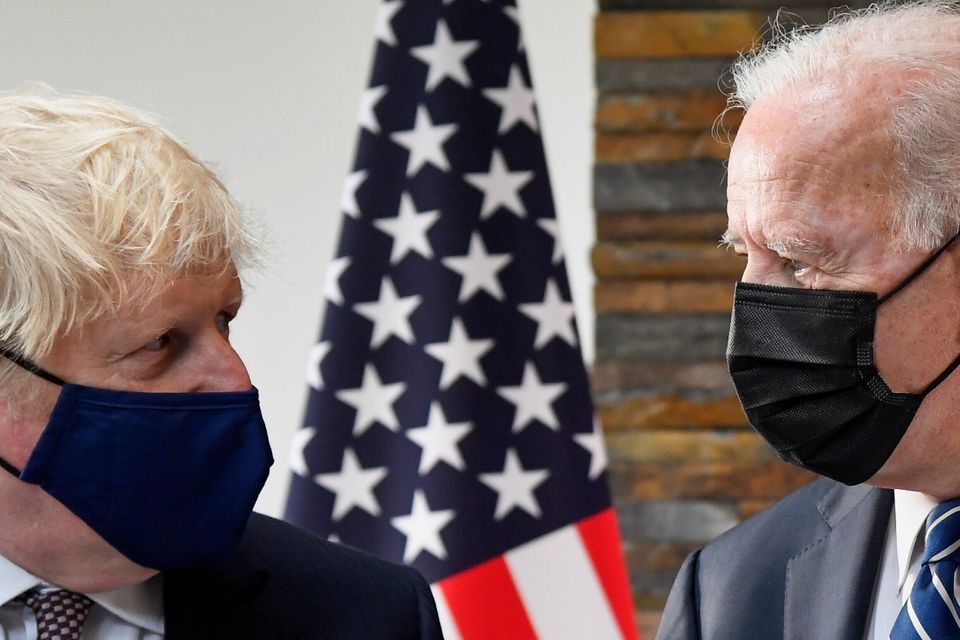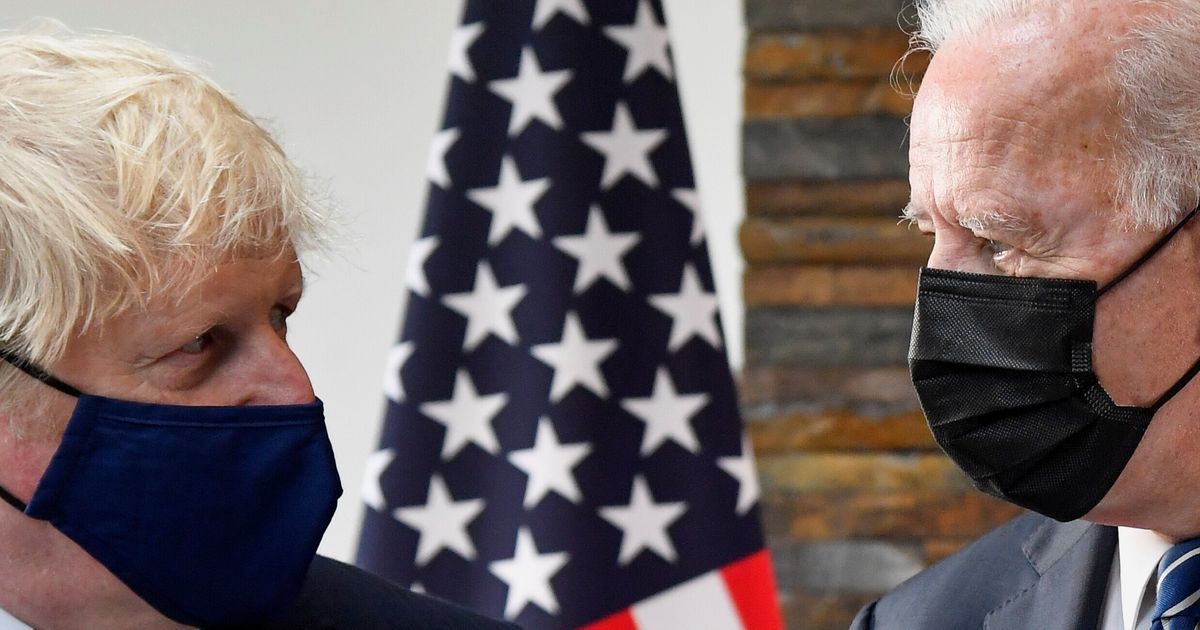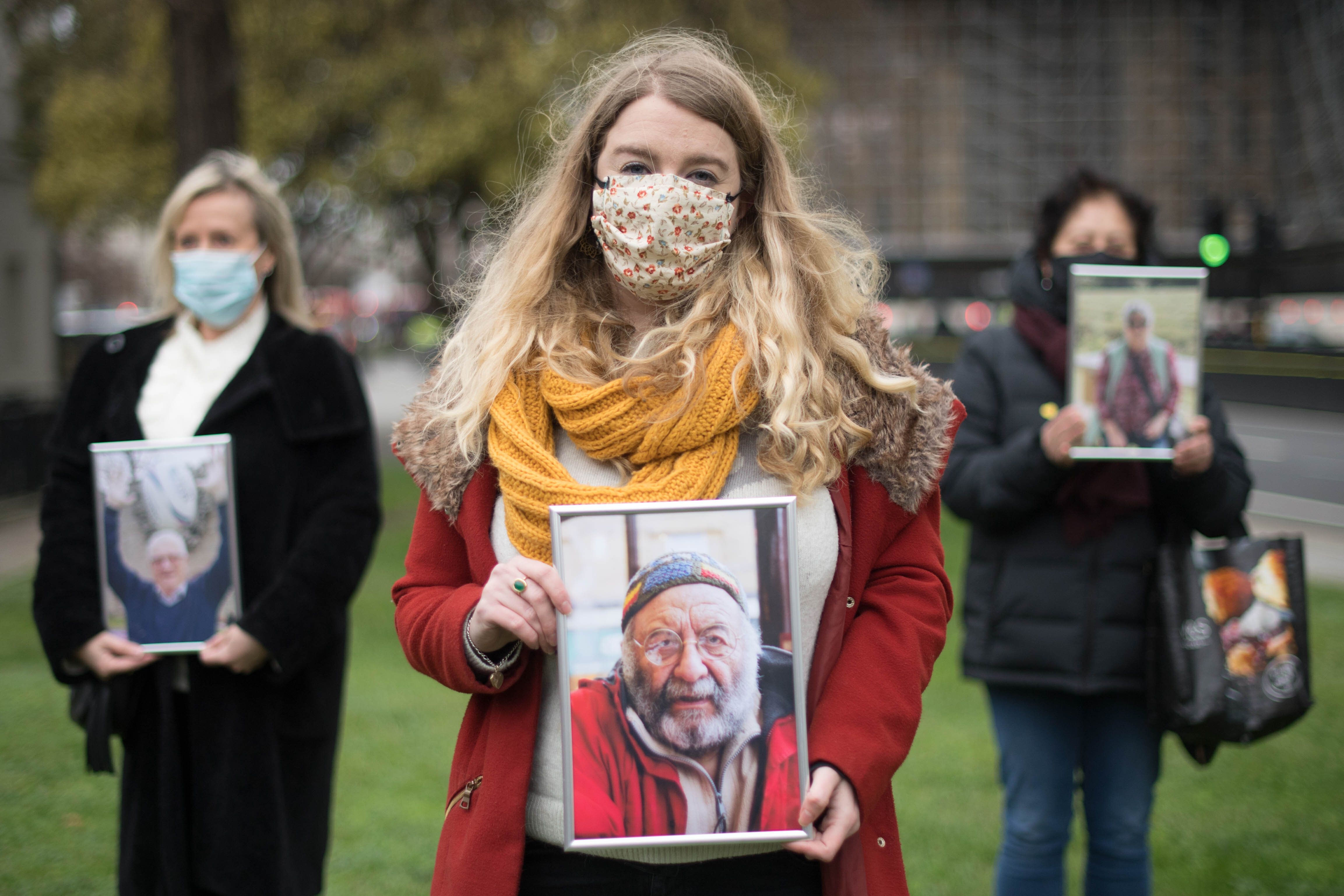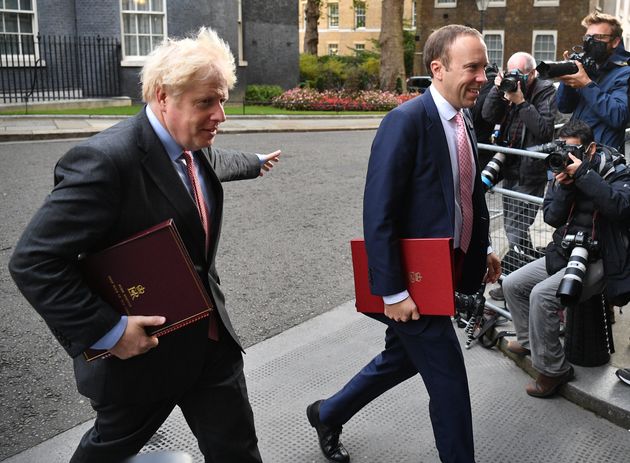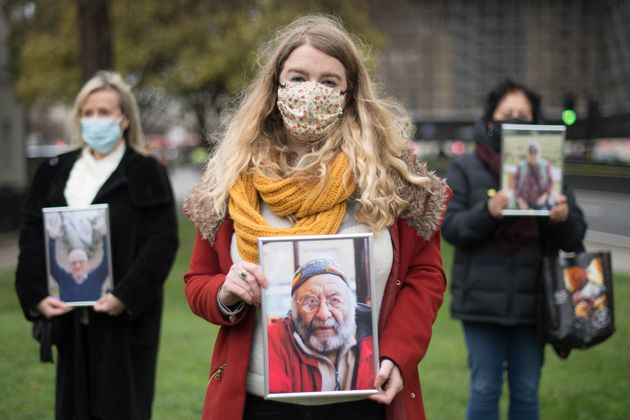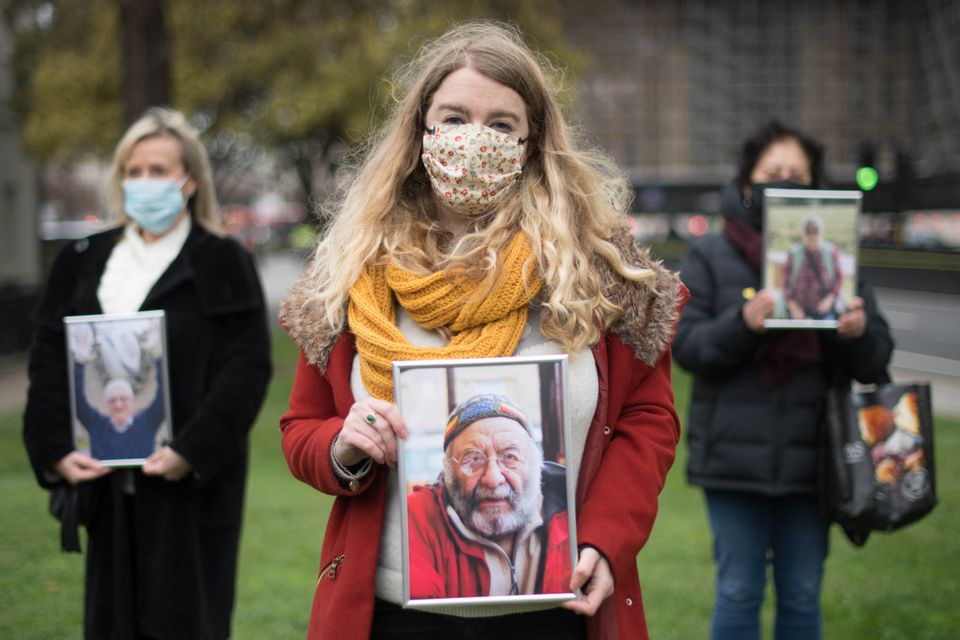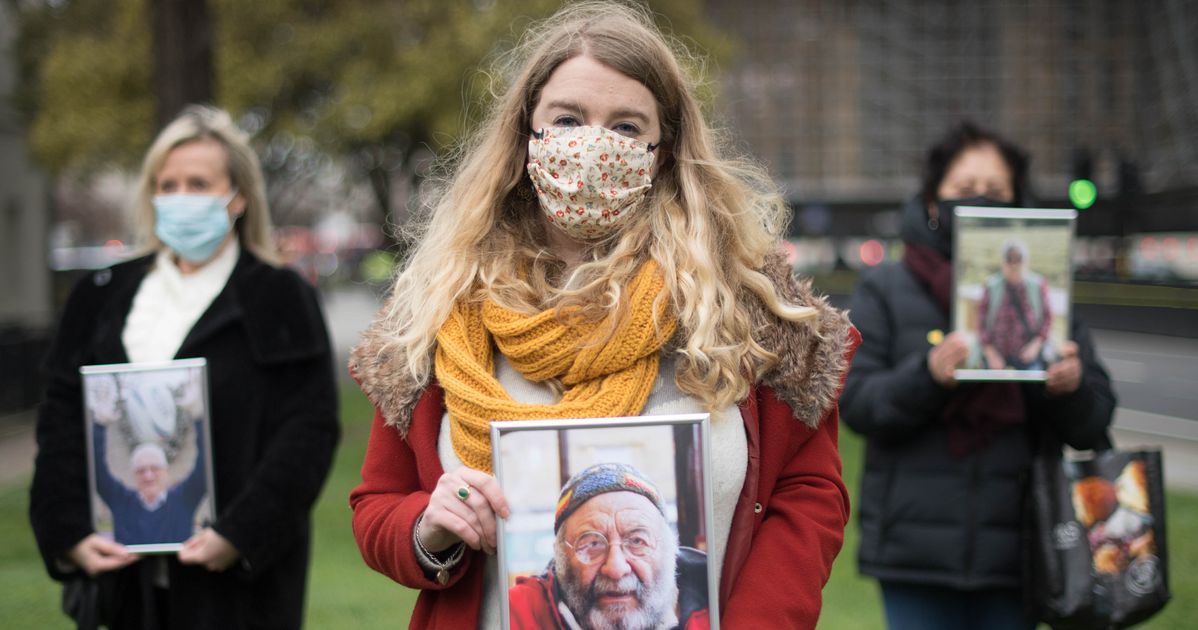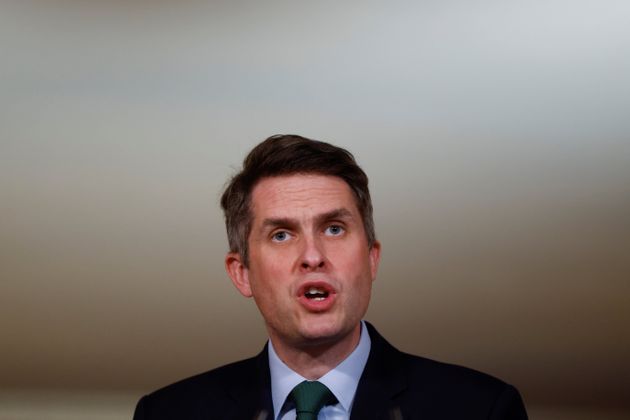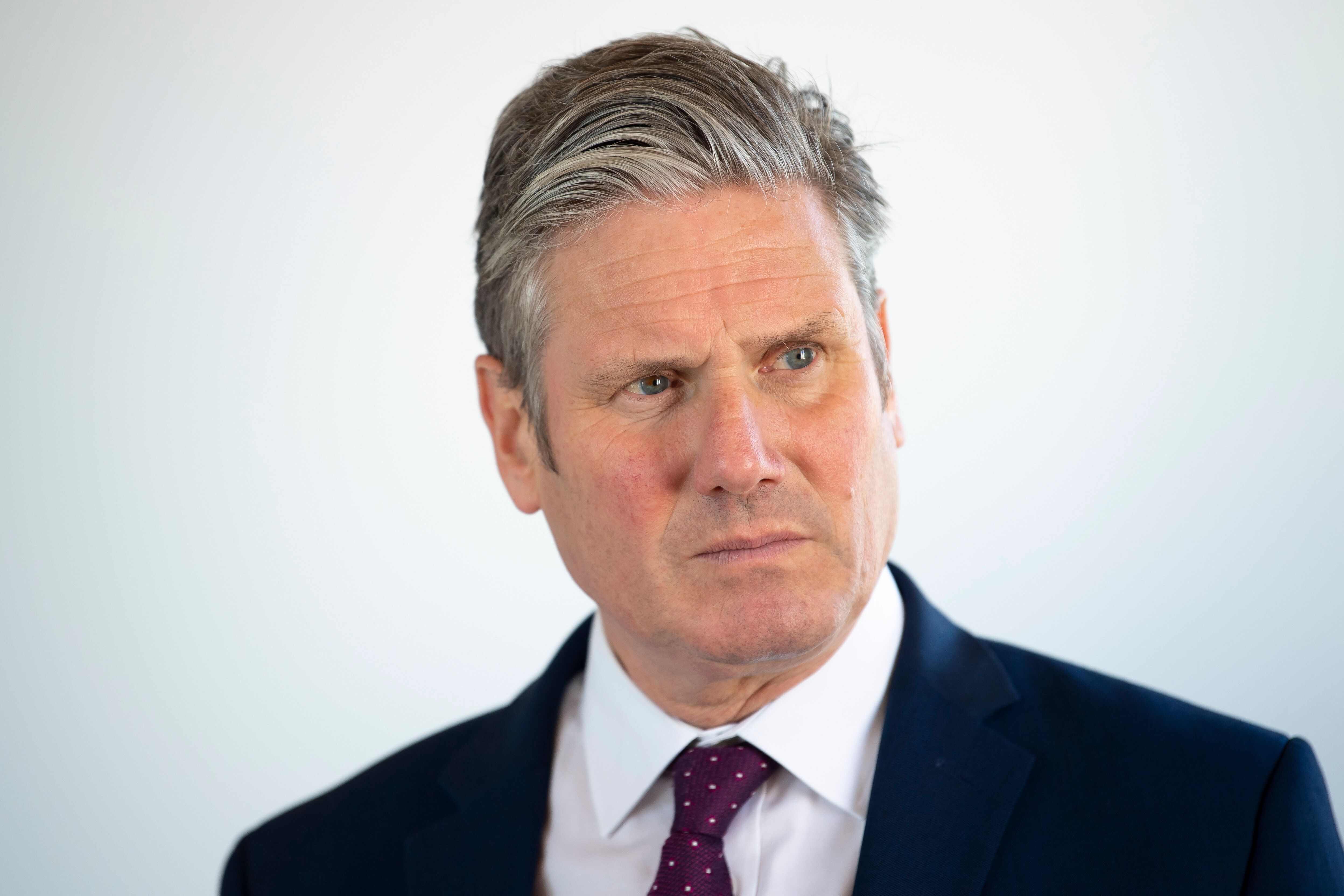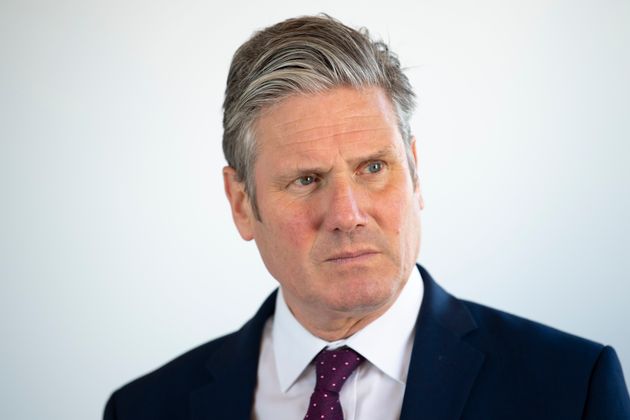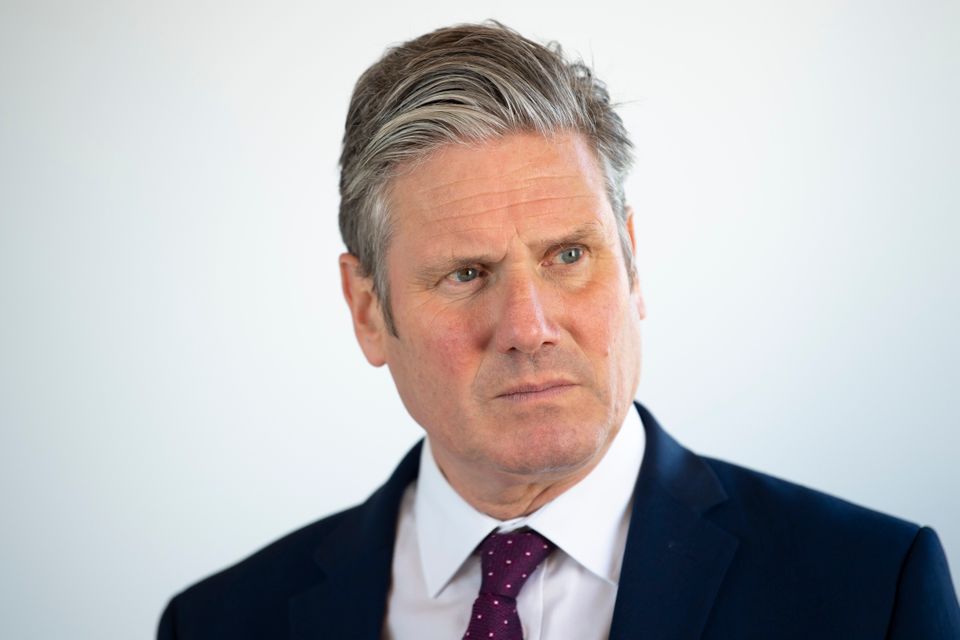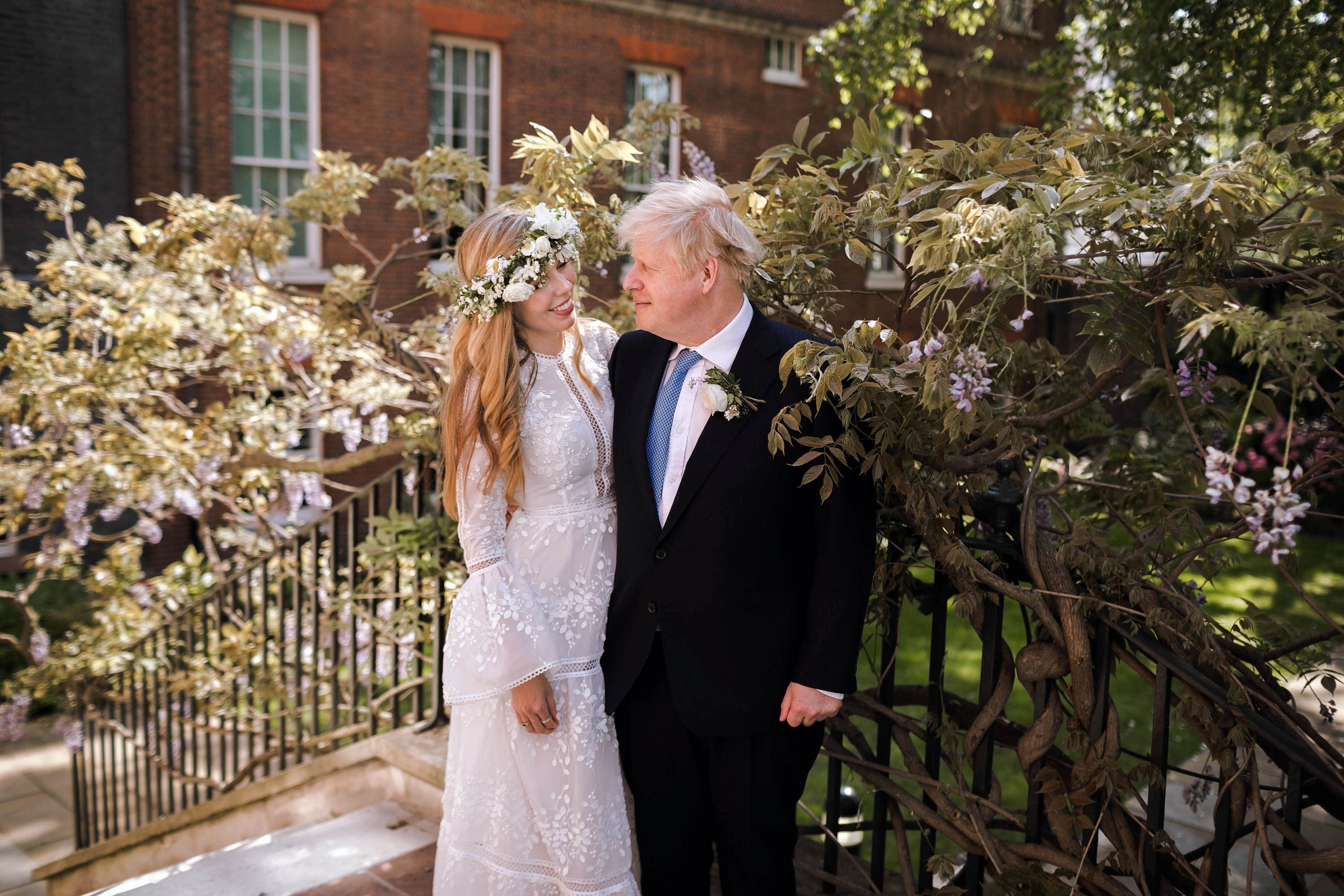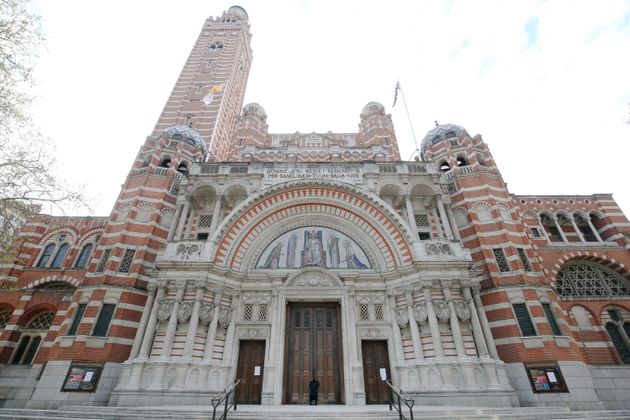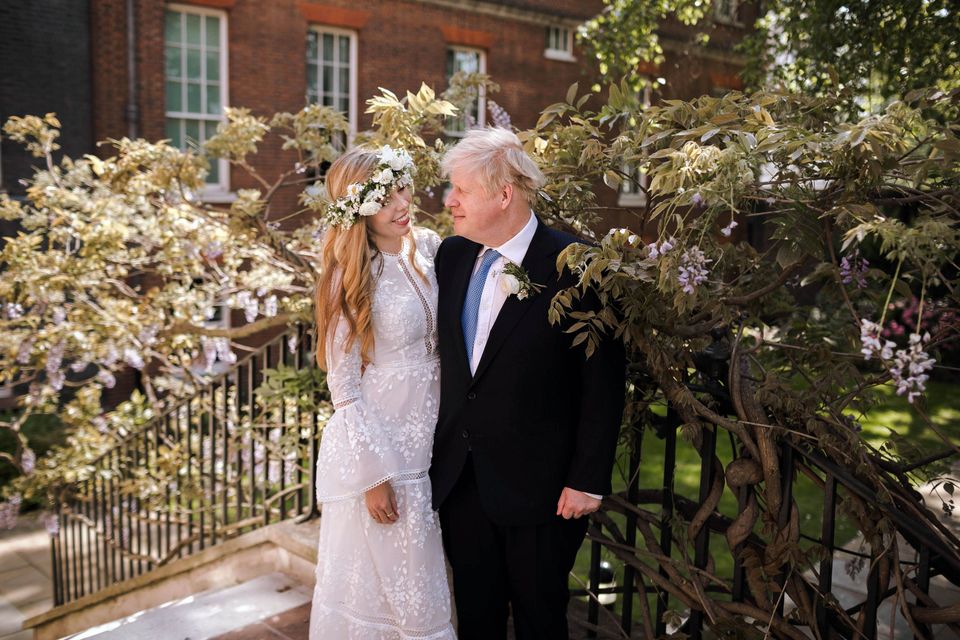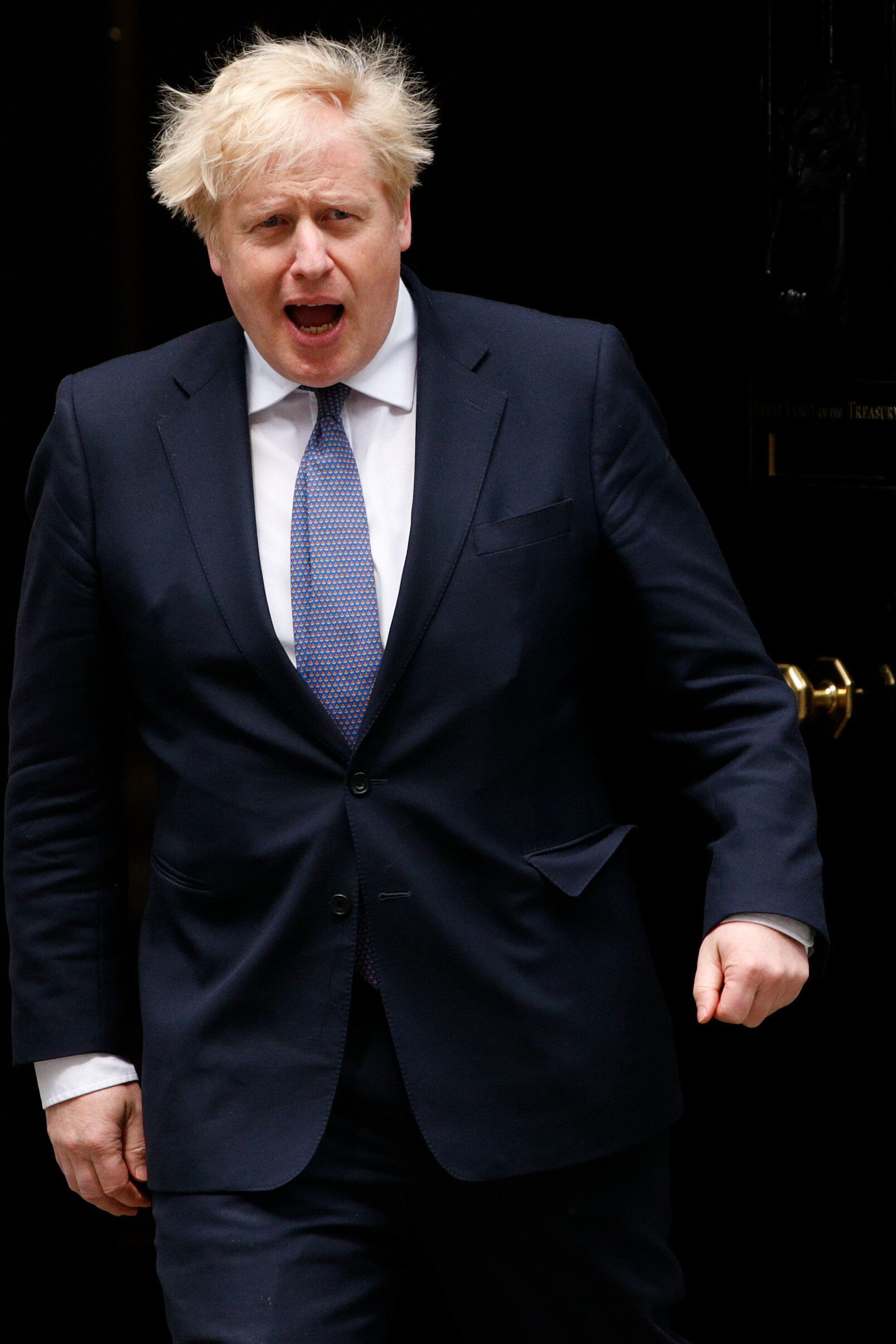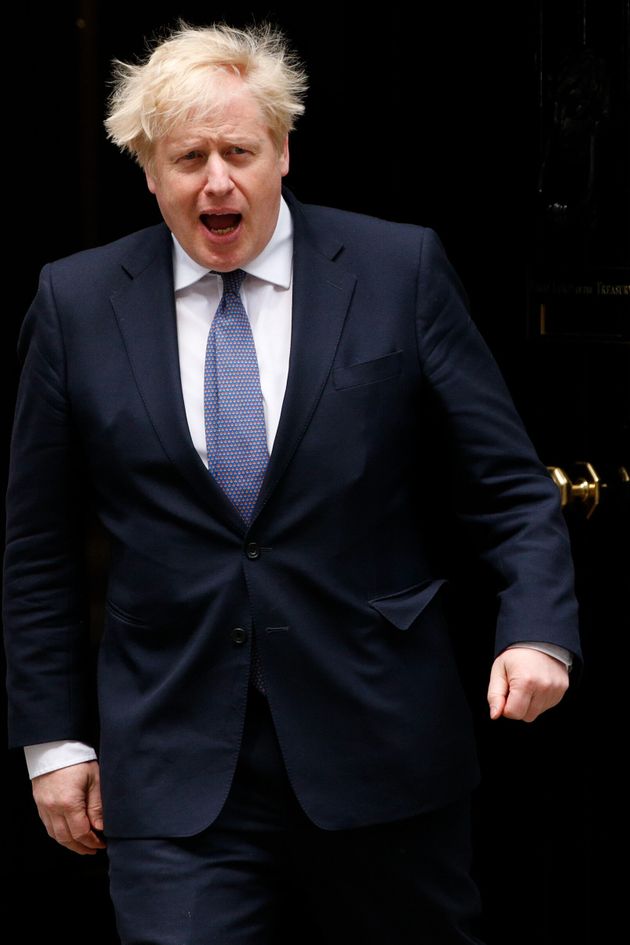Boris Johnson has attempted to downplay tensions with US president Joe Biden over Brexit following the pair’s first ever face-to-face meeting as leaders.
The prime minister praised Biden as a “breath of fresh air” after the Donald Trump years and an ally who wants to work with the UK on issues from security to climate change.
Johnson meanwhile insisted that there is “absolutely common ground” as No.10 spoke of “complete harmony” between the pair on the need to protect peace in Northern Ireland amid a simmering row between the UK and EU over how post-Brexit arrangements are being implemented in the region.
Biden – who is proud of his Irish ancestry – is thought to be concerned about Johnson potentially refusing to implement parts of the Northern Ireland protocol and earlier this month ordered officials to deliver a formal diplomatic rebuke to the UK for imperilling the peace process over Brexit.
Johnson and his Brexit minister Lord Frost want the EU to be less “purist” about applying checks on goods entering Northern Ireland from Great Britain, but Brussels is threatening a trade war with the UK unless it properly implements the deal it signed up to.
The president was expected to use Thursday’s meeting to urge Johnson to “stand behind” the protocol.
But asked if Biden urged him to “crack on” and implement the deal, Johnson told reporters: “No he didn’t.
“But what I can say is that America, the United States, Washington, the UK plus the European Union, have one thing we absolutely all want to do, and that is to uphold the Belfast Good Friday Agreement and make sure we keep the balance of the peace process going.
“That’s absolutely common ground and I’m optimistic that we can do that.”
The PM added: “The talks were great, they went on for a long time, we covered a huge range of subjects and it’s wonderful to listen to the Biden administration and to Joe Biden because there’s so much that they want to do together with us, from security, Nato to climate change.
“It’s fantastic, it’s a breath of fresh air.”
WPA Pool via Getty Images
It came after 80 minutes of talks between Johnson and Biden on the eve of the G7 summit in Carbis Bay, Cornwall, at which they signed a new Atlantic charter, paving the way for co-operation on challenges including climate change and security.
Also attending the meeting were UK foreign secretary Dominic Raab and US secretary of state Anthony Blinken.
Yael Lempert, America’s most senior diplomat in the UK, was also present hours after the Times revealed that she was ordered by Biden to deliver a demarche – a formal protest – in a meeting with Brexit minister Lord Frost on June 3.
In a joint statement following the meeting, Johnson and Biden reaffirmed their commitment to the Good Friday Agreement for peace in Northern Ireland.
But Johnson had earlier tried to gloss over any tensions with Biden by suggesting the pair would not disagree on “anything”.
Ahead of the high level talks, the two leaders admired the view over Carbis Bay with their wives – Carrie Johnson and Jill Biden.
TOBY MELVILLE via Getty Images
As the politicians sat down to talk, Biden said: “I told the prime minister we have something in common. We both married way above our stations.”
Johnson responded: “I’m not going to dissent on that one. I’m not going to disagree with you there or indeed on anything else, I think highly likely.”
Art, clothes and a bike – leaders exchange gifts
As is customary, the leaders and their wives exchanged gifts.
Johnson gave Biden a framed photograph of a mural of Frederick Douglass, a former slave who became a leading figure in the 19th century abolitionist movement in the United States.
The image, painted by Ross Blair, is part of a mural trail around Edinburgh and the photograph was taken by Melissa Highton – a UK-US dual national.
First lady Jill Biden was given a first edition of Daphne du Maurier’s The Apple Tree. The author lived in Cornwall and drew inspiration for many of her works from the surroundings.
Meanwhile, the PM received from the Bidens a US-made bicycle and helmet, while Carrie Johnson was given a leather tote bag made by American military wives and a presidential silk scarf.
Talks between Frost and the European Commission’s Maros Sefcovic on Wednesday failed to make a breakthrough on the protocol.
The EU has threatened to launch a trade war against Britain if it fails to implement checks on goods entering Northern Ireland under the terms of the Brexit “divorce” settlement which Johnson signed.
But Frost has refused to rule out unilaterally delaying the imposition of checks on British-made sausages and other chilled meats due to come into force at the end of the month.
At a press conference in Brussels on Thursday ahead of the summit, European Commission president Ursula von der Leyen again insisted the protocol was the “only solution” to prevent a hard border between Northern Ireland and the Republic of Ireland and must be implemented in full.
In a joint statement following the meeting, Johnson and Biden reaffirmed their commitment to the Good Friday Agreement for peace in Northern Ireland.
A Downing Street spokesperson added separately: “The prime minister and president both reaffirmed their commitment to the Belfast (Good Friday) Agreement and to protecting the gains of the peace process.
“The leaders agreed that both the EU and the UK had a responsibility to work together and to find pragmatic solutions to allow unencumbered trade between Northern Ireland, Great Britain and the Republic of Ireland.
“The prime minister outlined his ambitions to further expand opportunities for all the people in Northern Ireland and hoped that the US would continue to work with the UK to boost prosperity there.”

